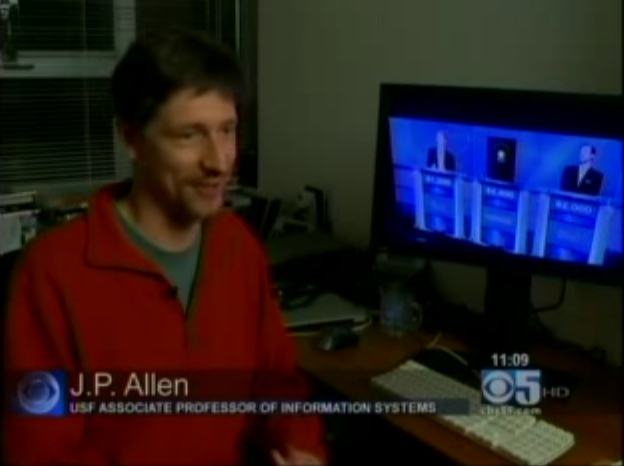 Watson’s easy victory against the best humanoid Jeopardy! players in the world has prompted completely opposing visions of the future. One version is Terminator around the corner: self-aware machines enslaving the human race even sooner than we feared. The other version is misguided science: the finest technological minds of our generation devoted to winning a glorified pub quiz.
Watson’s easy victory against the best humanoid Jeopardy! players in the world has prompted completely opposing visions of the future. One version is Terminator around the corner: self-aware machines enslaving the human race even sooner than we feared. The other version is misguided science: the finest technological minds of our generation devoted to winning a glorified pub quiz.
I called it a celebration of both machine and human intelligence, though it’s probably more accurate to call it a clarification of what each side is good at. Deciphering the natural language clues of written Jeopardy! (Watson still can’t handle the audio and video clues in real games) is a huge accomplishment for a computer, even an 80 teraflop one. But the fact that a single human brain can still be competitive in retrieving facts against many millions of dollars of hardware, thousands of processors, years of development, and a few dozen genius researchers shows that our humble human neurons still pack a powerful punch–and use about a thousand times less energy to boot.
I give IBM credit for stirring our imaginations, and for open-sourcing a large chunk of the software (the Apache UIMA project). But as for Watson technology solving medical problems, as impressive as the technology is, we’re still talking fact retrieval. If the correct answer involves judgment and reasoning, we’re going to need an upgrade.
I tried to say as much during this local TV news appearance about Watson’s Jeopardy! game (.mp4 video file). Talking supercomputers is, of course, every geek’s dream on Valentine’s Day.

http://www.stevekrause.org/.m/steve_krause_blog/2011/02/enjoy-every-sandwich-watson-on-jeopardy.html